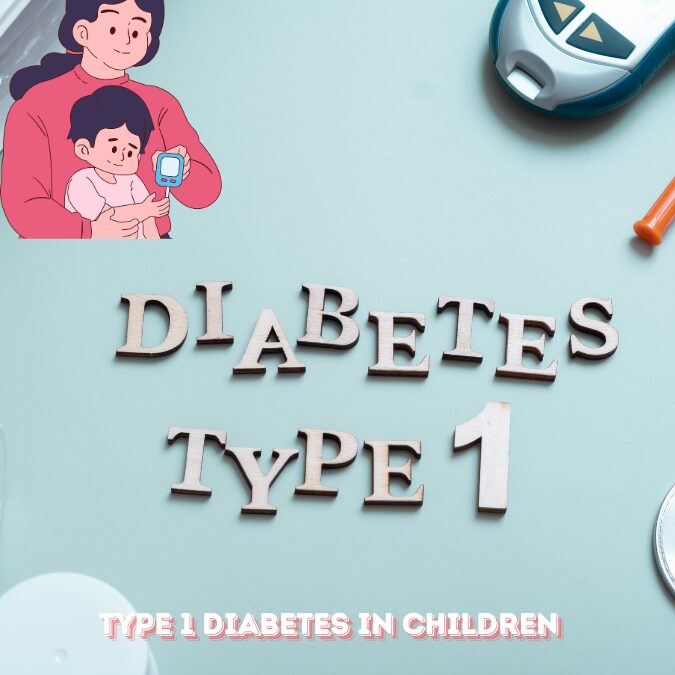As parents, we are committed to providing our children with the best possible nutrition to support their growth and development. In recent years, protein powders have gained popularity not only among athletes and fitness enthusiasts but also among parents looking to ensure their children get adequate nutrients. But are protein powders suitable for kids, and do they offer any real benefits? In this blog post, we’ll explore the safety and effectiveness of protein powders for children.
The Importance of Protein for Kids
Protein is an essential nutrient for everyone, including children. It plays a crucial role in the growth and repair of tissues, the production of enzymes and hormones, and the overall development of a child’s body. Adequate protein intake is especially important during the rapid growth phases of childhood and adolescence.
Common sources of protein for kids include meat, poultry, fish, dairy products, eggs, legumes, and nuts. However, there are instances when parents may consider protein supplements or powders as a convenient way to boost their child’s protein intake. Let’s delve into the pros and cons.
The Pros of Protein Powders for Kids
- Convenience: Protein powders can be a quick and easy way to increase protein intake, especially for picky eaters who may not consume enough protein-rich foods.
- Athletic Performance: If your child is involved in sports or intense physical activities, protein supplements may help support muscle recovery and growth.
- Vegetarian or Vegan Diets: Children following vegetarian or vegan diets may have limited protein sources, and protein powders can fill the gap.
The Cons and Concerns
- Safety: Not all protein powders are created equal. Some may contain excessive sugar, artificial additives, or even harmful substances. It’s crucial to choose a reputable brand that offers safe and clean products.
- Unbalanced Diet: Relying too heavily on protein powders can lead to an unbalanced diet, potentially missing out on essential vitamins, minerals, and other nutrients.
- Digestive Issues: Excessive protein intake, particularly from powders, can lead to digestive problems, including bloating, gas, and diarrhea.
- Overconsumption: Kids who regularly consume protein powders may inadvertently exceed their daily protein needs, which could have long-term health implications.
- Potential for Allergies: Some protein sources used in powders, such as whey or soy, may trigger allergies in sensitive individuals.
Guidelines for Safe Use
If you decide to incorporate protein powders into your child’s diet, here are some guidelines to follow:
- Consult a Pediatrician: Before introducing any supplements, consult your child’s pediatrician to ensure they are necessary and safe.
- Choose Wisely: Select a high-quality, well-regarded protein powder with minimal additives or sweeteners.
- Moderation: Use protein powders as a supplement, not a replacement for real, whole foods.
- Read Labels: Carefully read product labels to check for allergens and any potential harmful additives.
- Age-Appropriate: Ensure the product is suitable for your child’s age group, as protein requirements vary by age.
- Hydration: Encourage your child to drink plenty of water, as increased protein intake can lead to dehydration.
Protein powders can be a useful tool to supplement your child’s diet in certain situations, but they should not replace a balanced intake of whole foods. Safety and quality are paramount when considering protein supplements for kids. Always consult with a healthcare professional or registered dietitian to determine the best approach for your child’s nutritional needs. While protein powders may have a place in supporting a child’s growth and development, they should be a thoughtful addition rather than a primary source of nutrition.












